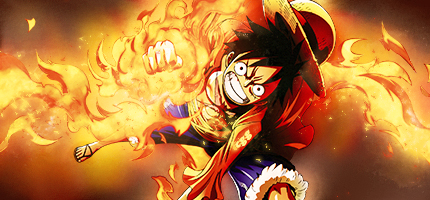| Miyamotoo said: Marketing, with high price compared to 360/PS3 and a terrible name are biggest Wii U problems, that lead to terrible sales that lead to 3rd party abandoned them. |
I corrected that one for you. The Wii U sold actually quite well when it launched, when eager and informed gamers bought it. Later on its sales plummeted as avarage consumer didn´t know that it was a new console and didn´t know to want it. With its games nintendo tried to get everyone on board, but as it didn´t reach public awareness it also sold badly, failed to attract big AAA third party games and many gamers lost interest in it. If it would have had a different name (almost anything would have better) and better marketing it could have been a huge hit as it would have had a lot more momentum and a lot more games would have been made for it. The downside could have been that nintendo might have been lazy and great games such as splatoon could have been less brilliant.
















































